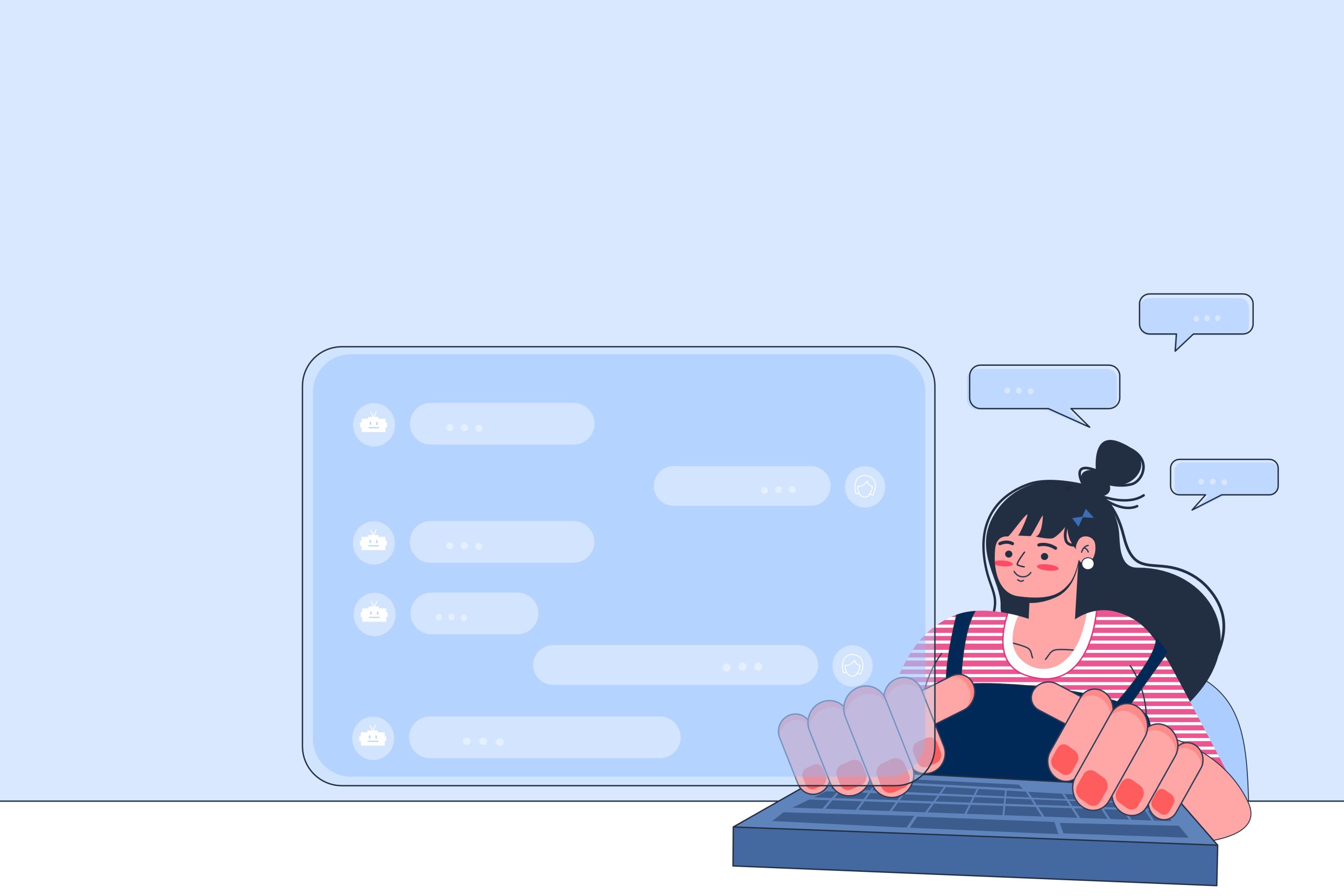- cross-posted to:
- szkolna@szmer.info
- cross-posted to:
- szkolna@szmer.info
Does AI actually help students learn? A recent experiment in a high school provides a cautionary tale.
Researchers at the University of Pennsylvania found that Turkish high school students who had access to ChatGPT while doing practice math problems did worse on a math test compared with students who didn’t have access to ChatGPT. Those with ChatGPT solved 48 percent more of the practice problems correctly, but they ultimately scored 17 percent worse on a test of the topic that the students were learning.
A third group of students had access to a revised version of ChatGPT that functioned more like a tutor. This chatbot was programmed to provide hints without directly divulging the answer. The students who used it did spectacularly better on the practice problems, solving 127 percent more of them correctly compared with students who did their practice work without any high-tech aids. But on a test afterwards, these AI-tutored students did no better. Students who just did their practice problems the old fashioned way — on their own — matched their test scores.



The main goal of learning is learning how to learn, or learning how to figure new things out. If “a tool can do it better, so there is no point in not allowing it” was the metric, we would be doing a disservice because no one would understand why things work the way they do, and thus be less equipped to further our knowledge.
This is why I think common core, at least for math, is such a good thing because it teaches you methods that help you intuitively figure out how to get to the answer, rather than some mindless set of steps that gets you to the answer.